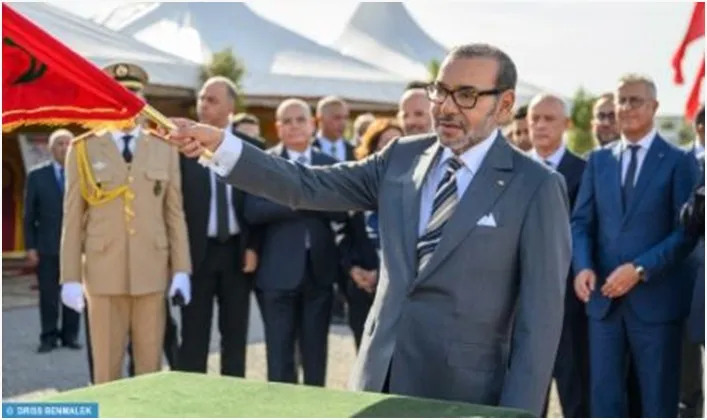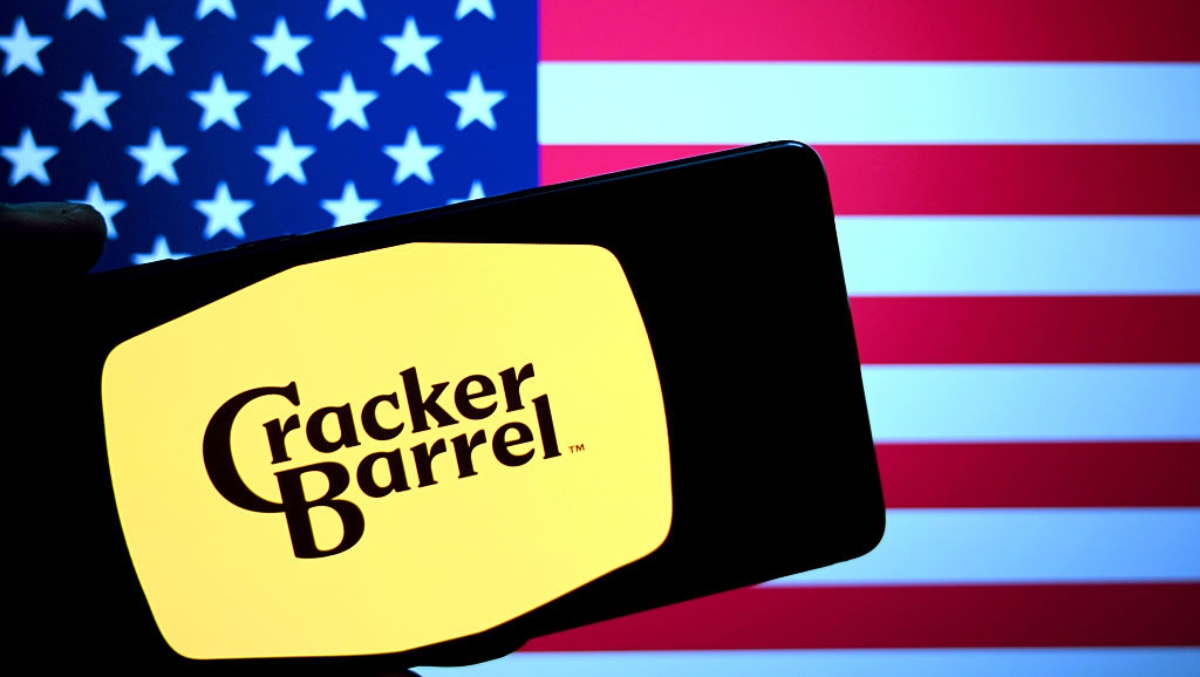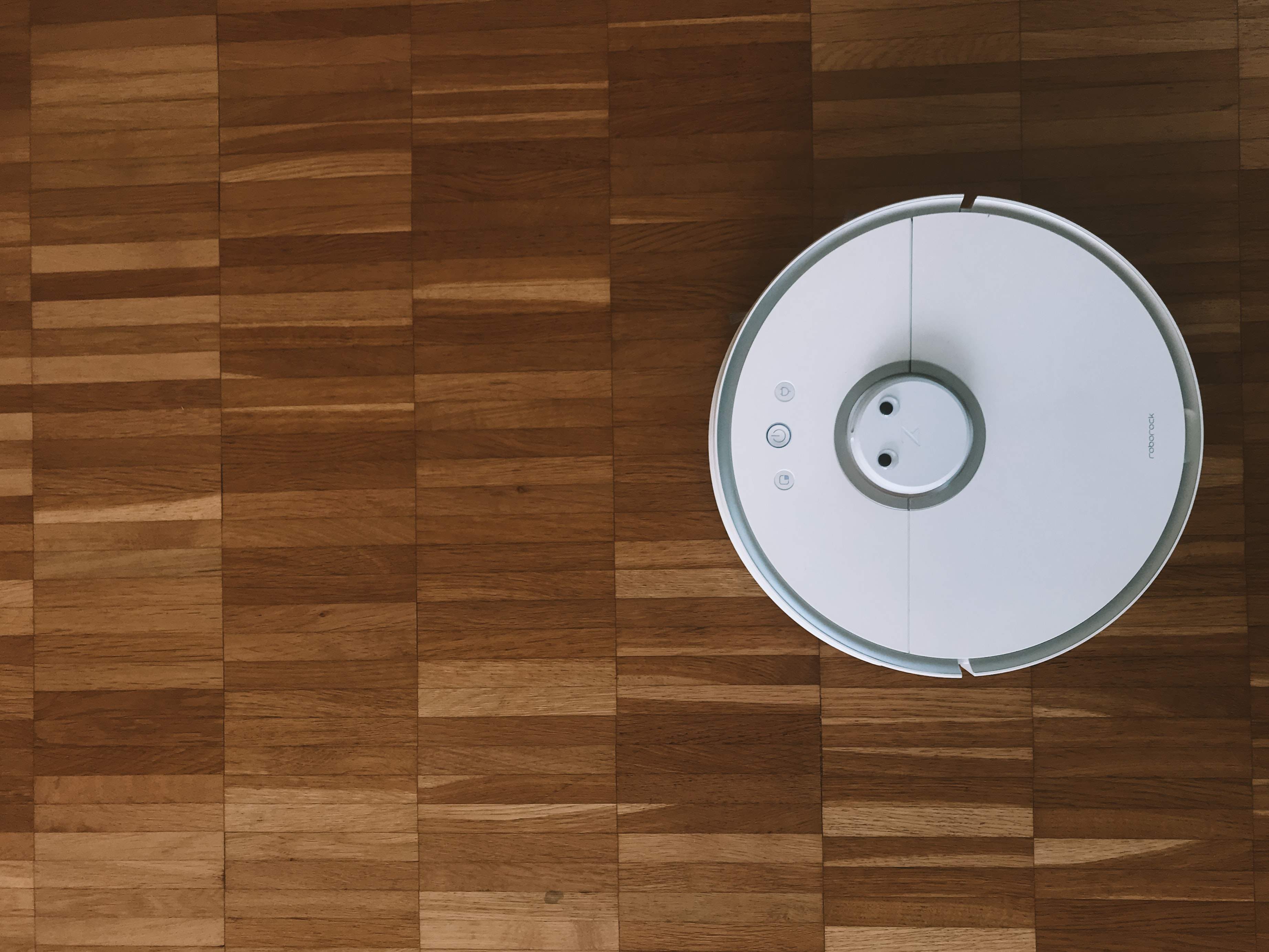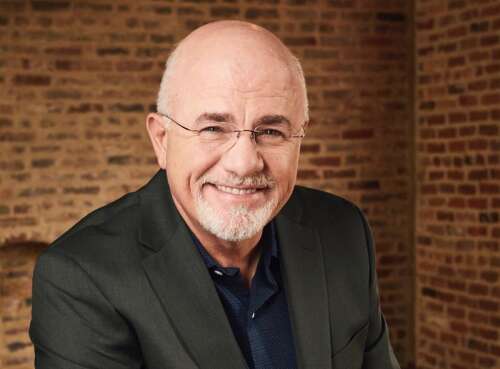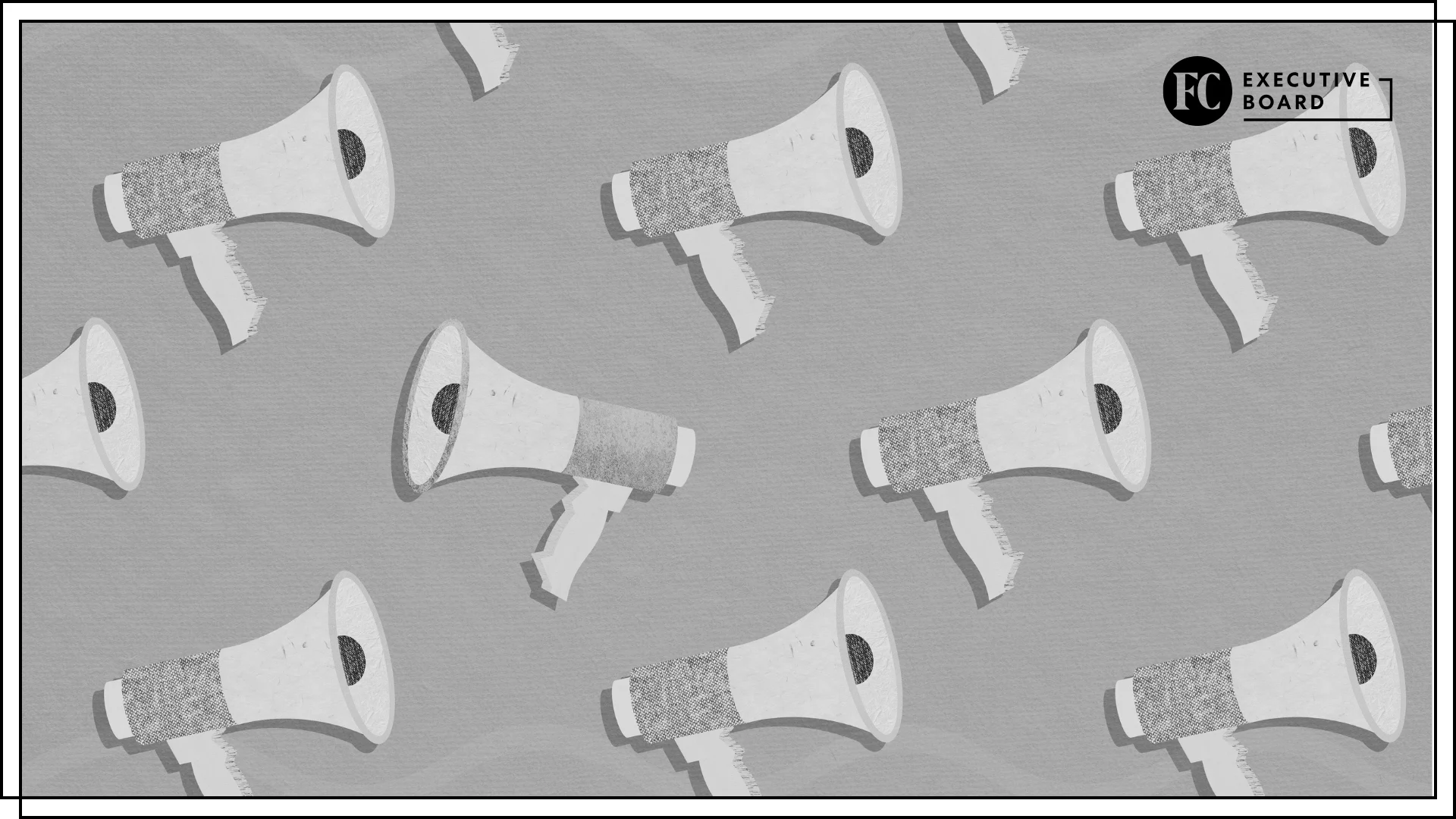
Advertising is dying AGAIN. Haven’t you heard? Every disruptive new technology, every new wave of economic turbulence, every cultural shift stimulates the industry to invoke “Four Horsemen of the Advertising Apocalypse” vibes (death, famine, war, conquest). Cue the self-loathing.
I’m no Pollyanna, but it’s worth remembering we have our own alternative Four Horsemen. They serve as a source of renewal. Summoning them freely and liberally allows us to be at our best, part of one of the most inventive, perpetually interesting, business-indispensable industries that exist. We need them now more than ever.
1. Birth the new
In advertising, the asks can be big. But that just makes the reward even more meaningful. What could be more emotionally resonant and satisfying than creating something that’s never seen before?
This brings to mind our initiative to reinspire the industry about outdoor advertising, which used to be such a massive medium before digital pushed it to the side. We did this not by featuring a national hero, but by creating one.
Subscribe to the Daily newsletter.Fast Company’s trending stories delivered to you every day
Privacy Policy
|
Fast Company Newsletters
Marina Prieto is an anonymous, 100-year-old grandmother from Spain. She maintained an Instagram account, depicting everyday moments from her life: gardening, eating churros, taking a nap. Apart from her age, there was really nothing particularly special about her at all.
There were hundreds of unused billboard spaces across Madrid’s metro stations, so we filled them with Marina’s 54 Instagram posts, and nothing else. No context, no explanation. It worked. Marina went viral, with discussion of her reaching social media, TV, and radio, extending outside of Spain.
As everyone was wondering who Marina was, we revealed that JCDecaux, the owner of the ad space, was behind it. Nearly hundreds of brands then bought ad space, doubling JCDecaux’s sales. We took a medium that had fallen out of fashion and made it popular again by creating something where there was previously nothing.
2. Write next chapters
One of the great opportunities in advertising is to take brands, products, and mediums and author their “what’s next.”
Vaseline has been around for over 100 years and people use it for a number of purposes—some of them off-the-wall. These unique Vaseline hacks are all over social: Some are complete bunk, but others have merit. We urged the brand not to run from these oddities but towards them.
With “Vaseline Verified,” we gave influencer–created hacks a “verified” badge if they passed the test of Vaseline scientists. Of course, we debunked plenty of hacks along the way, too. “Vaseline Verified” helped a legacy brand make hay in the dizzying world of social and influencer. When you embrace reinvention, you can make an incredible impact.
3. Make up the magical
In our industry, we get to make things happen that shouldn’t be able to happen.
Take what we did for Cadbury for their 5-Star brand. Valentine’s Day is big in the confectionery world, but we also know it’s a bummer for some. For those people, wouldn’t it be nice to be able to skip Valentine’s Day?
For years, the brand has done just that, like creating the “Mush Detector” web app, designed to help singles avoid areas with high romantic activity. But then we went further. What if someone could erase Valentine’s Day altogether?
advertisement
We enlisted legendary space scientist Nambi Narayanan and utilized time zones to chart a vessel that would skip Valentine’s Day entirely by crossing the International Date Line at just the right time. We enlisted three Valentine’s Day-hating volunteers to take the voyage and live-streamed it to millions.
4. Invoke all the feels
Few jobs in the world have the ability to touch people across the full range of the emotional spectrum:
For laughs
We recently did a campaign for Sanpellegrino for their new product, CIAO!, with two members of the Sopranos’ cast: Michael Imperioli and Steve Schirripa. It’s an eight-episode social-only content series called, “The Nice Guys.” Michael and Steve come across a shipping container filled with CIAO! along with a mysterious note urging them to share it far and wide.
The series follows them as they go door-to-door handing out free CIAO! But they can’t escape their gangster personas. It’s always going to sound foreboding when two Sopranos’ characters tell you they’ve got a gift for you (from Italy), in the trunk of a car.
Helping people feel seen
I think about the work we did for IKEA, called “Proudly Second Best.” The visual campaign shows babies and children eating, sleeping, and playing on their parents instead of the IKEA products that their parents had purchased. Think: a mom holding her young child up to the sink while a step stool sits unused; a dad holding a child on their lap to eat instead of using the high chair. It resonated on a cellular level with parents.
Sense of belonging
For the popular mobile game Clash of Clans, we tapped football star Erling Haaland to become the first real-life person to be depicted in the game. Haaland has millions of fans and millions of haters, so we cheekily gave people a motive to enact some form of revenge.
The campaign was built around the idea of collective motivation. We offered people the chance to go directly up against Haaland and raid the village he had spent 10 years building. We also activated outside stadiums from Haaland’s rival football teams. Clash of Clans downloads soared as new players signed up for this rare opportunity.
SADDLE UP THE HORSEMEN
If anything has died a thousand deaths, it’s advertising. But here we are. And what an opportunity we have.
We are at the center of the best there is in the business world, making a meaningful difference, reinventing the forgotten, making new and beautiful things, and bringing a little laughter and joy to people’s lives. If we employ these Horsemen more often, we’ll find ourselves not only surviving the current apocalypse, but set up to take on the next one.
Mick McCabe is the global chief strategy officer at Ogilvy.
